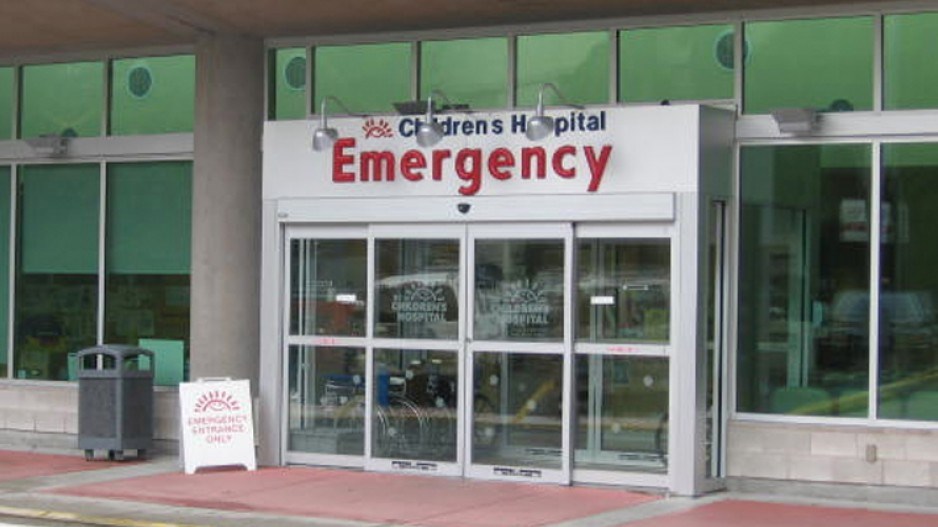Reforming B.C.’s health care premium system could save residents, the provincial government and businesses money, according to MLA Andrew Weaver.
Currently B.C. is the only province to levy a stand-alone Medical Services Plan (MSP) premium. Following a 4% increase that took effect in January, a single person will pay $75 a month, a couple will pay $136 and a family of three or more will pay $150 a month. A subsidy is only available for residents who make less than $30,000 a year.
“Yet again, we have people getting another MSP increase,” Weaver said, adding that the premium weighs most heavily on low-income people or those with fixed incomes.
In response to a request for comment, the Ministry of Finance sent a statement to Business in Vancouver saying that the province has put in place measures to make sure that those already receiving the subsidy are not affected by the premium increase.
Most other provinces fund health care through general taxation revenues. Ontario has a health care premium that is embedded within the income tax system.
Weaver, who is B.C.'s sole Green Party MLA, has been lobbying to change the system since last February, when the party started an online petition. It gained 2,000 signatures after the party revived it yesterday with a new promise to make reforming MSP the first thing a Green government would do if elected in the next provincial election in 2017. The petition is now at over 7,000 signatures.
The Green Party favours adopting Ontario’s system, where residents pay a premium through the income tax system. People pay nothing if they make below $20,000 a year; the premium increases based on income with a cap of $900. For example, residents who make $260,000 a year pay a maximum of $900 a year, or $75 per month.
There are many problems B.C.’s MSP premium, said Lindsay Tedds, a professor of economics at the University of Victoria. It’s not means-tested, meaning that a person making $31,000 a year pays the same as someone with an income of $250,000. The province contracts with a third-party company to administer the system and pursue unpaid bills, but Tedds said it would be cheaper for the provincial government to sign a tax collection agreement with Canada Revenue Agency.
Weaver said his party is advocating designing the system to bring in the same amount of revenue, but without the added bureaucracy of the current system.
As for the subsidy available to people who make less than $30,000, 26% of those who are eligible don’t apply, according to research by Rebecca Warburton, an associate professor of public administration at the University of Victoria. That’s a higher rate than for other subsidies offered by the government, Tedds said.
Businesses who offer to cover MSP as an employee benefit might also save money, Tedds said, as it’s an extra cost that employers outside of the province don’t have to pay. However, employers with unionized staff would likely have to bargain to reallocate the benefit.
Weaver said rolling the MSP into the income tax system would also streamline bureaucracy for employers who want to keep offering the benefit, because they would be submitting information about the health care premium, Canada Pension Plan and Employment Insurance to the same place.
Weaver plans to keep pressing the issue as the provincial budget approaches in February.
CORRECTION: An earlier version of this story stated that resident of Ontario who make $200,000 a year pay $600 a month in health care premiums. Residents of Ontario who make $260,000 pay a maximum of $900 a year, or $75 per month.
@jenstden




